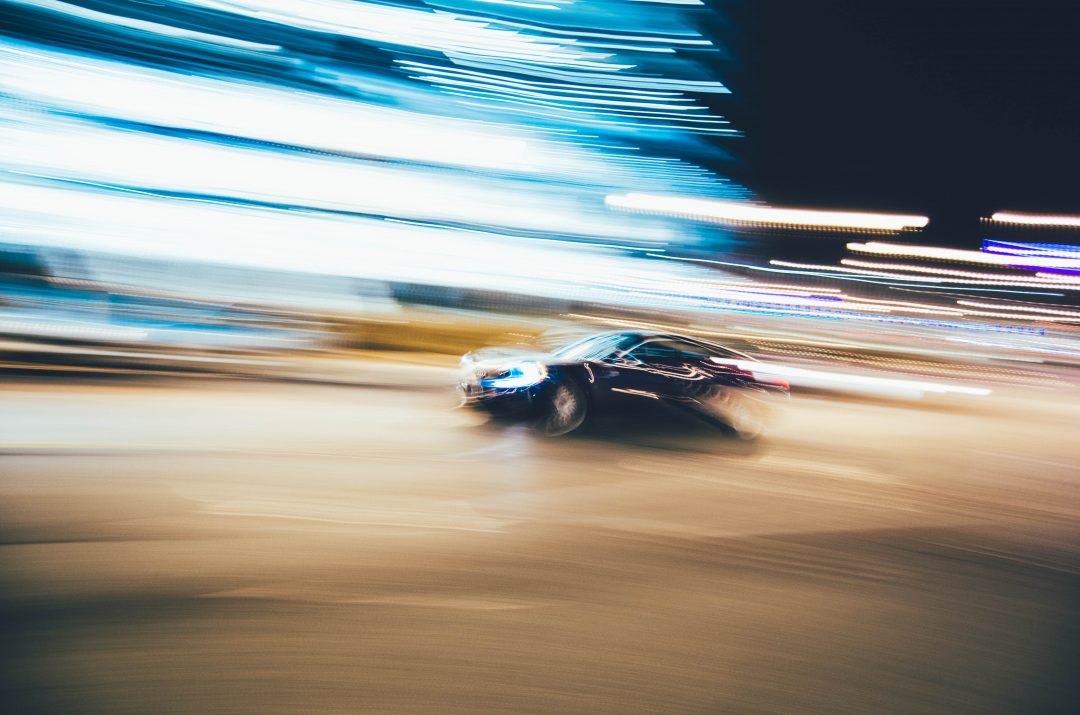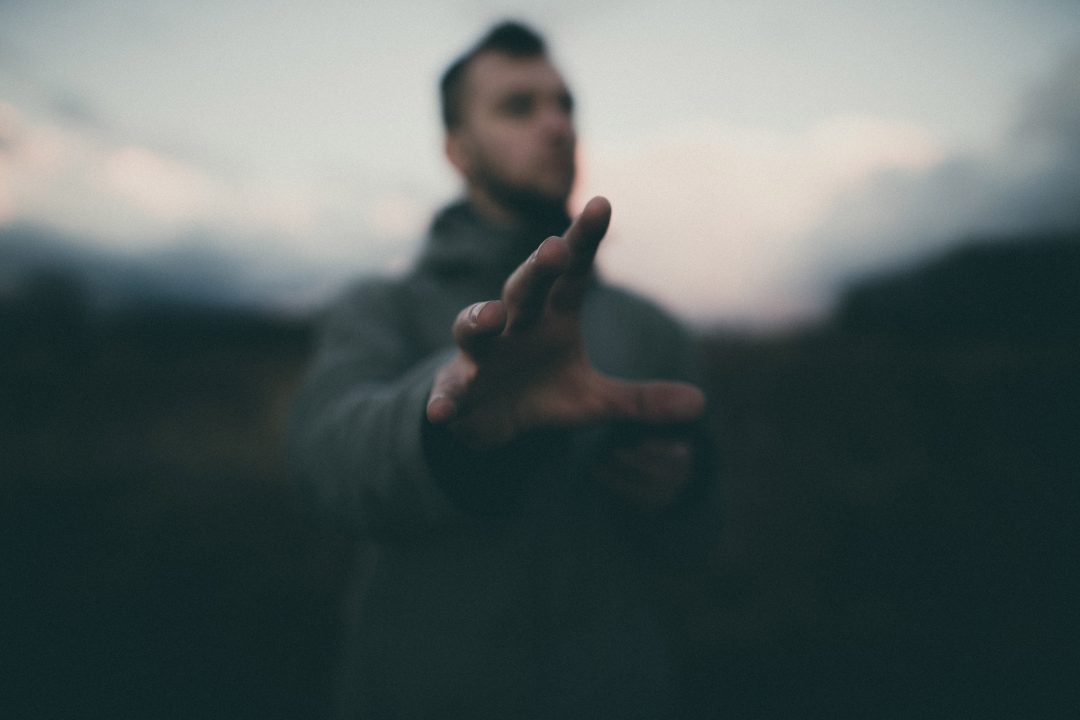Written by Jessica van Horssen
In a world full of options, infinite possibilities and instant access to information, it is easy to be hypnotized by the quest for success. Growing up with the idea that you can be whoever you want to be is reinforced by practices such as plastic surgery and using online avatars. Humans live further away from nature and each other, instead, spending most of their time online – all of which makes it easier for them to become estranged from their bodies. After all: a quick fix of dopamine can be effortlessly obtained by scrolling through your Facebook feed or WhatsApp texts.
Within the mind, the sky’s the limit, but our bodies can confront us with a completely different reality. When that reality isn’t perceived as positive by an individual, it’s more likely that he or she will become depressed and feel trapped by the situation.
Us millennials seem to have big dreams, ideals and a never-ending desire to grow. Alongside, many of us have insecurities and issues with FOMO, self-esteem and perfectionism. Looking over at the lives of our peers, the grass always seems to be greener on their side, especially on Facebook. The strive for perfection might seem honorable, but it can actually become lethal for some. Suicide has been on the rise among adolescents; in fact, since 2016 the suicide rate amongst young people in the Netherlands has almost doubled!
What’s Happening?
As a person who has experienced the suicide of a few close friends, it seems that loneliness and hopelessness are the biggest reasons that make people do such a thing. When your life doesn’t measure up to your expectations or the expectations you think society has of you, suicide seems like the ultimate escape from that situation.
I speak also from personal experience because I know what it feels like to have suicidal thoughts. It happened twice in my life that I didn’t see a reason to go on with my life, because in those moments, I felt like I had failed myself and my dreams. Looking back, it seems that those thoughts were fueled by sheer exhaustion and burnout, making me vulnerable to the kind of fatalistic thinking that can push a person over the edge.
The reality is that I was feeling trapped. Trapped by the limitations of my body and trapped by the dictatorship of a negative mind. Giving up on what I had set out to do felt like the ultimate failure. After all, if I’m unable to even strive for my dreams, what point is there to living?
I never saw it as an option, but after my best friend did it, suddenly it became a thing in my mind. Unfortunately, the mind brings up any possible coping mechanism there is when in distress. So when I went through the worst period in my life, my mind kept on screaming, “Suicide, suicide, suicide! Why don’t you end it all here and now? It might be the perfect escape from the hell you are living in.” Maybe being dead would give me the freedom I so longed for, but since we don’t know what happens after, I never wanted to take that risk. In the end, everything that gives me joy I experience through my body… and I love life way too much to actually take that step.

Photo by Kiwihug
It’s The Little Things
The reason why I don’t feel limited by my body is that it gives me the joy of experiencing physical touch, sex, cuddling, sports, dancing and a whole range of other experiences. When everything went to shit, it was my body that released me from my mind-made prison because there is nothing as powerful as a hug from my daughter, a kiss from a friend, and dancing to my favorite music. When looking at the reality of those things, they don’t require hard work.
There’s a reason people say that the best things in life are free. We often forget that in a society that’s focused on success, and thus can feel lonely because we are all on our own little islands of individualism. I want to urge anyone struggling with these kinds of thoughts to reach out to friends, family members or even the suicide hotline. And please remember: someone loves you, and maybe you will too again one day.






